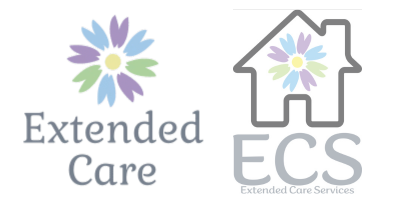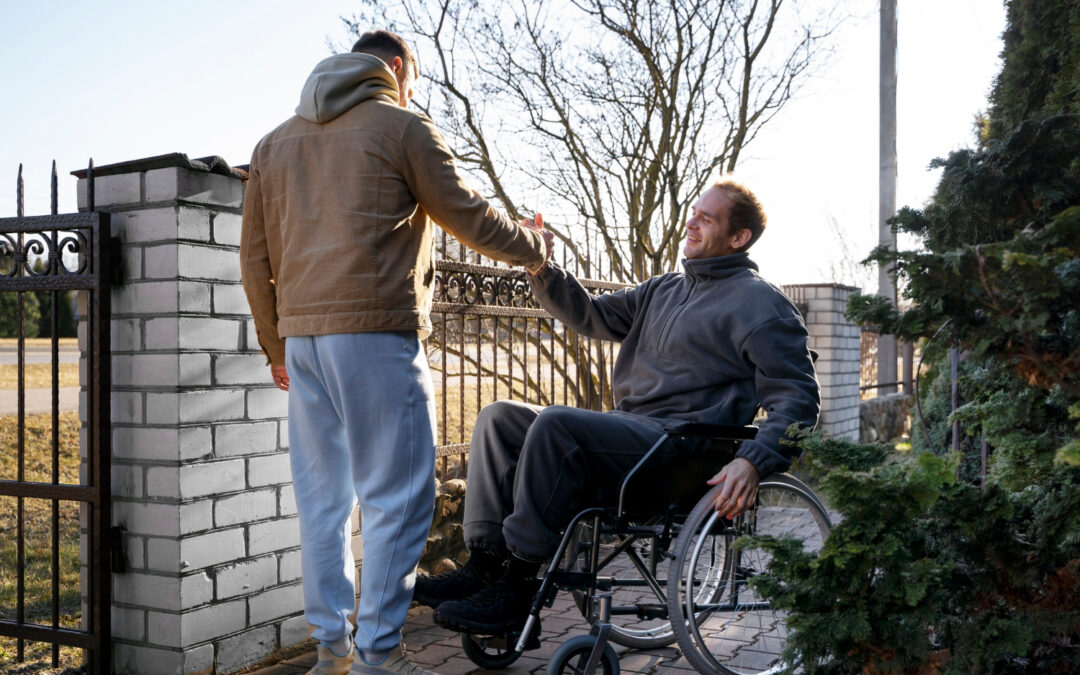At Extended Care, we believe that building strong community bonds is essential for enhancing the lives of adults with disabilities. Our residential care services in Aurora are designed to foster these connections, providing our clients with a supportive and inclusive environment. By creating opportunities for social interaction and community involvement, we help our clients develop meaningful relationships and a sense of belonging.
Importance Of Community Bonds For Adults With Disabilities
Community bonds are vital for adults with disabilities because they provide a sense of belonging and emotional support. These connections can greatly improve mental health and overall well-being by reducing feelings of isolation and loneliness. When adults with intellectual and developmental disabilities (IDD) feel included and valued in their community, their self-esteem and confidence grow, leading to a more fulfilling life.
Being part of a community also offers practical benefits, such as access to resources and support networks. For adults with disabilities, having strong community bonds means they can rely on neighbors, friends, and local organizations when they need help or guidance. These relationships can lead to increased opportunities for social interaction, skill development, and even employment. In essence, building strong community ties helps create a supportive environment that nurtures personal growth and independence.
How Residential Care Services Foster Community Connections
Residential care services play a crucial role in fostering community connections for adults with disabilities. By providing a stable and supportive living environment, these services encourage social interaction among residents and with the broader community. Living in a residential setting allows adults with disabilities to form friendships with their housemates, which can lead to lasting, meaningful relationships.
Our residential care services also emphasize community integration by organizing various activities that promote interaction with the local community. This can include attending neighborhood events, participating in community service projects, or simply engaging in everyday activities like shopping and dining out. By facilitating these opportunities, we help our clients build a network of connections that extend beyond their immediate living environment. This not only enhances their social skills but also provides them with a greater sense of belonging and purpose in the community.
Activities And Programs That Promote Social Interaction
To foster social interaction and community bonds, we offer a variety of activities and programs tailored to the interests and abilities of our clients. These activities are designed to encourage participation and engagement, helping adults with disabilities to improve their social skills and build lasting relationships. Examples of these activities include group outings, arts and crafts sessions, game nights, and community service projects.
In addition to recreational activities, we organize workshops and classes that focus on developing practical skills. These can range from cooking classes to computer literacy sessions. By participating in these programs, our clients not only gain valuable skills but also have the chance to interact with peers and community members. This two-pronged approach ensures that our clients are both engaged and integrated into the community.
Success Stories Of Building Community Bonds In Aurora
We have seen many success stories of adults with disabilities in Aurora building strong community bonds as a result of our residential care services. For example, one of our clients who initially struggled with social anxiety has made significant progress through participation in community gardening projects. Engaging with neighbors and fellow gardeners has helped them develop confidence and a sense of belonging.
Another client found a sense of community through volunteering at a local animal shelter. This experience provided them with meaningful social interactions and a sense of purpose. These success stories highlight the positive impact of our programs in helping adults with disabilities form lasting relationships and become active members of their community. By fostering these connections, we support our clients in leading fulfilling lives.
Conclusion
Creating community bonds through residential care services is a fundamental goal here at Extended Care. We understand that meaningful social connections can significantly enhance the quality of life for adults with disabilities. Through various activities and personalized support, our clients are encouraged to engage with their community and build lasting relationships. The result is a more inclusive environment where everyone feels valued and supported.
Whether it’s participating in group activities or volunteering in the local community, our clients gain confidence, skills, and a sense of belonging. These experiences not only benefit the individuals but also enrich the community as a whole. By focusing on fostering community bonds, we help create a supportive network that promotes independence and well-being for adults with disabilities.
If you or a loved one are interested in learning more about our residential care services and how we can help build strong community connections, please contact Extended Care today. We are committed to providing the support needed to create a fulfilling and connected life for all our clients.

